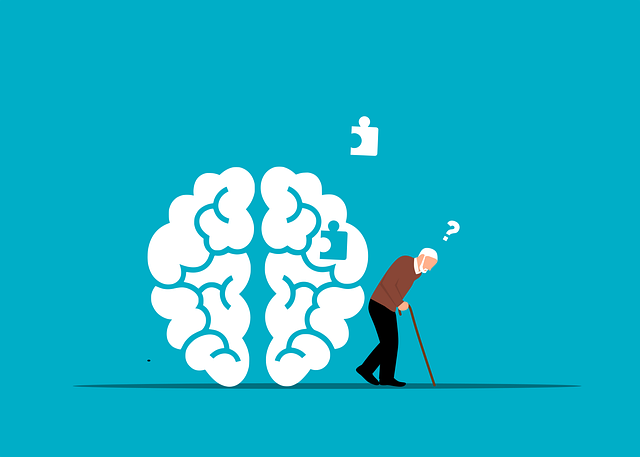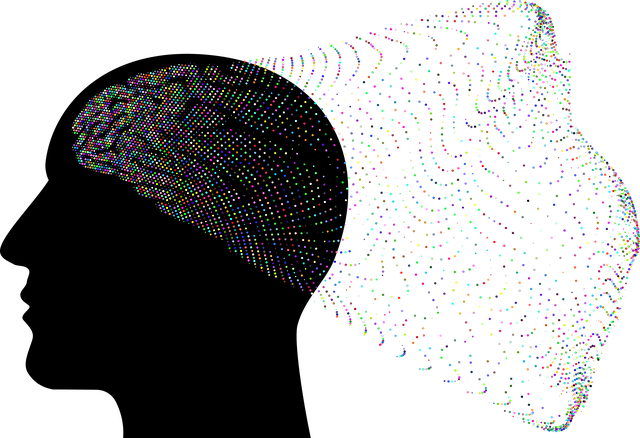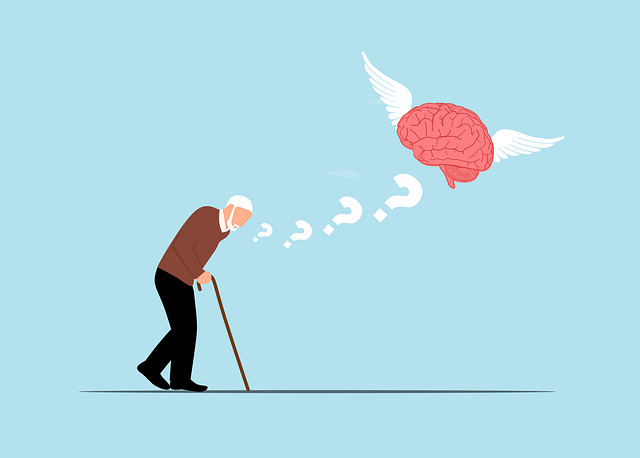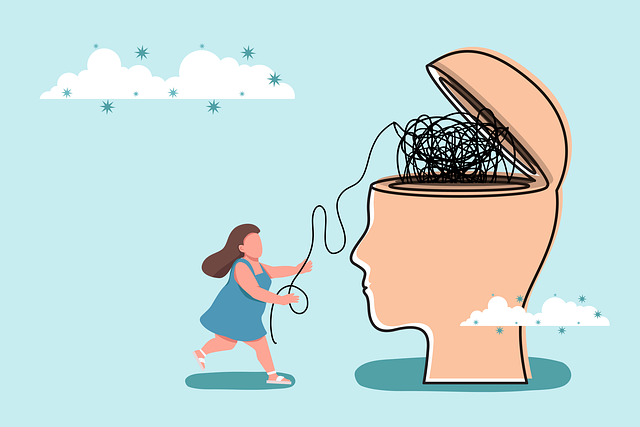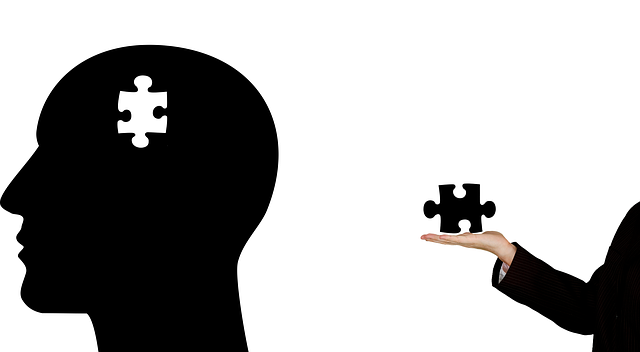In Boulder, addressing ADD-ADHD requires culturally competent healthcare providers who understand and respect diverse patient beliefs and practices, ensuring personalized care. Training includes social skills, conflict resolution, stress management, and mindfulness exercises to navigate complex cultural scenarios and improve patient satisfaction and outcomes. Continuous education and collaboration with local communities are vital for providing accessible, effective ADD-ADHD evaluations and therapy services tailored to Boulder's diverse population.
In today’s diverse healthcare landscape, cultural competency is no longer an option—it’s essential. This comprehensive guide explores the critical need for cultural competency training among healthcare providers, with a specific focus on ADHD diagnosis and treatment in Boulder. We delve into the impacts of cultural biases, effective training methods, real-world success stories, and future strategies to ensure equitable care for all patients, enhancing the patient experience through culturally responsive practices.
- Understanding Cultural Competency in Healthcare: A Necessary Approach
- The Impact of Cultural Biases on ADD-ADHD Diagnosis and Treatment
- Training Methods for Enhancing Cultural Awareness Among Healthcare Providers
- Real-World Applications: Successful Implementation in Clinical Settings
- Future Directions: Continuous Improvement and Community Engagement
Understanding Cultural Competency in Healthcare: A Necessary Approach

In today’s diverse healthcare landscape, cultural competency is no longer an optional consideration but a necessity. It involves understanding and respecting different cultural beliefs, values, and practices among patients, especially those with conditions like ADD-ADHD in Boulder. This approach ensures that every individual receives personalized care that addresses their unique needs without barriers or biases. Healthcare providers who are culturally competent can effectively communicate, build trust, and deliver high-quality services to a wide range of patients from various backgrounds.
The concept goes beyond simply treating symptoms; it’s about fostering an inclusive environment. Training in this area equips healthcare professionals with essential tools like social skills training, conflict resolution techniques, and stress management workshops. These initiatives enable providers to navigate complex cultural scenarios, resolve disagreements, and manage stress in diverse settings. By integrating such programs, organizations can enhance patient satisfaction, improve clinical outcomes, and create a more harmonious working environment for all staff members.
The Impact of Cultural Biases on ADD-ADHD Diagnosis and Treatment

Cultural biases can significantly impact the diagnosis and treatment of Attention Deficit Disorder (ADD) and Attention Deficit Hyperactivity Disorder (ADHD), especially in diverse communities like Boulder, where a wide array of cultural backgrounds are represented. Healthcare providers, despite their best intentions, may unconsciously let their personal biases influence their assessments. This is particularly concerning as ADD-ADHD manifestations can vary across cultures due to differing societal norms and expectations. For instance, what is considered ‘inattentive’ behavior in one culture might be typical development in another.
In Boulder, where there’s a growing emphasis on emotional well-being promotion techniques and stress management workshops within the community, it’s crucial for healthcare providers to be culturally competent. This involves being aware of their own biases, understanding the unique cultural contexts of their patients, and tailoring assessment and treatment methods accordingly. Public awareness campaigns development that highlight the diversity in ADD-ADHD presentations can help dispel myths and ensure that all individuals receive accurate evaluations and evidence-based therapy, regardless of their cultural background.
Training Methods for Enhancing Cultural Awareness Among Healthcare Providers

Effective training methods for enhancing cultural awareness among healthcare providers include immersive experiences and interactive workshops. These approaches allow practitioners to step into diverse perspectives, fostering a deeper understanding of cultural nuances. One powerful technique is role-playing scenarios where participants act out situations involving cross-cultural communication, helping them navigate complex interactions with sensitivity and empathy. Additionally, incorporating Mindfulness Meditation and Emotional Intelligence exercises can improve self-awareness, enabling providers to recognize and manage their own biases.
Boulder ADD-ADHD Evaluations and Therapy programs have successfully integrated these training methods into their Healthcare Provider Cultural Competency Training curriculum. By engaging in diverse role-playing scenarios, therapists enhance their ability to connect with clients from various backgrounds. Moreover, mindfulness practices support professionals in maintaining calmness and openness during challenging cultural encounters. This holistic approach ensures that healthcare providers are better equipped to offer compassionate and culturally sensitive care, meeting the unique needs of every patient.
Real-World Applications: Successful Implementation in Clinical Settings

In real-world clinical settings, cultural competency training has proven to be a powerful tool in enhancing patient care and outcomes, particularly for diverse populations like those with Attention Deficit Disorder (ADD) or ADHD in Boulder. When mental health professionals are equipped with the knowledge and skills to navigate cultural differences, they can provide more personalized and effective therapy. This involves understanding not only patients’ unique individual needs but also their broader cultural contexts, ensuring that evaluations and treatment plans are sensitive and tailored.
Successful implementation of these training programs often includes practical elements such as role-playing scenarios, case studies, and group discussions, allowing professionals to apply learned concepts directly in clinical settings. Additionally, integrating public awareness campaigns on mental health can further facilitate cultural competency by fostering an environment where diverse needs are acknowledged and met with empathy and understanding. This comprehensive approach ensures that mental wellness journaling exercises and risk assessment strategies are not just theoretical but practical tools for enhancing patient care.
Future Directions: Continuous Improvement and Community Engagement

As healthcare continues to evolve, it’s crucial for providers to stay at the forefront of cultural competency. Future directions involve continuous improvement through ongoing training and education, ensuring healthcare professionals are equipped to address diverse patient needs. Engaging with the community is another vital aspect; by collaborating with local organizations, schools, and mental health clinics in Boulder, we can facilitate broader access to ADD-ADHD evaluations and therapy services, enhancing overall mental wellness.
Integrating innovative practices like self-care workshops and mental health education programs design can foster inclusive environments. These initiatives not only promote cultural awareness but also encourage patients to embrace self-care practices, ultimately contributing to improved outcomes. By embracing these strategies, healthcare providers in Boulder can revolutionize mental health support, making it accessible and tailored to the unique needs of each individual.
Cultural competency training for healthcare providers, as explored through topics like bias in ADHD diagnosis and effective training methods, is essential for delivering quality care. Real-world applications demonstrate improved patient outcomes, especially in diverse communities. Moving forward, continuous improvement and community engagement are key to ensuring that healthcare professionals in Boulder and beyond can accurately assess and treat conditions like ADD-ADHD, fostering more inclusive and culturally sensitive practices.
